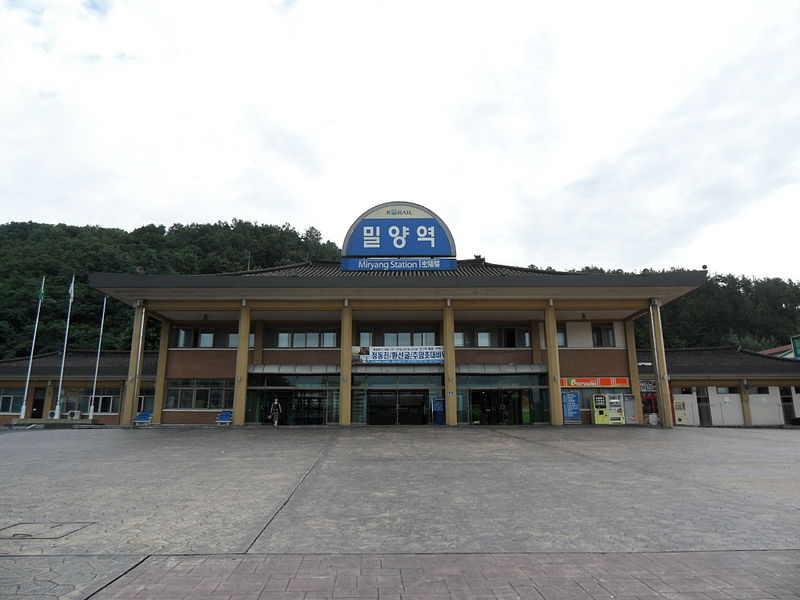The Peninsula
South Korean Government Reiterates Support for SMEs

This briefing comes from Korea View, a weekly newsletter published by the Korea Economic Institute. Korea View aims to cover developments that reveal trends on the Korean Peninsula but receive little attention in the United States. If you would like to sign up, please find the online form here.
What Happened
- The government is proposing new rules to make it easier for people who inherited small and medium-sized enterprises (SME) to receive tax deductions.
- Aligned with the government’s efforts to bolster innovation, the new proposal will allow SMEs to benefit from tax exemptions even if they change their core business.
- Further supporting SME growth, Ministry of Trade, Industry and Energy (MOTIE) said its new economic zone in Miryang will focus on growing small businesses and boosting the regional economy.
- The government anticipates creating 500 new jobs and attracting $295.2 million of corporate investments by 2024 through the relocation of 30 companies into the new industrial complex in Miryang.
Implications: The South Korean government is responding to public criticism of its economic policies by advancing new policies that will explicitly benefit SMEs. Most notably, the new public-private initiative at Miryang city in South Gyeongsang province focuses on creating an SME cluster that will help channel investments to small businesses. This marks a shift from the government’s previous effort in Gwangju which was focused primarily on conglomerate-driven job creation. If successful, the government may adopt the “Miryang model” elsewhere.
However, critics have raised concerns on whether these new initiatives could negatively impact employees of these small businesses. In particular, newly proposed tax deductions for small business owners have prompted discussions on whether the benefits would reach workers. The new proposal permits small business owners to benefit from tax deductions while relying on irregular workers. With high job insecurity in the country, which especially affects the youth, the current initiative is unlikely to address the public discontent.
Context: 45% of respondents in a May 2019 Gallup poll expressed unhappiness with the Moon administration. With the country’s poor economic performance driving this rising discontent, the Blue House has set out to more aggressively implement pro-growth policies. One of the issues that came under the policymakers’ spotlight is inheritance tax. South Korea currently holds the second highest inheritance tax rate in the OECD at 50%, trailing Japan which maintains a 55% tax rate. A few examples of countries that do not have any form of inheritance taxes include Australia, Mexico, Portugal, and Sweden. OECD simple average inheritance tax stood at 15%.
The government hopes to reduce unemployment through partnerships between the private sector and local governments. In Gwangju, Hyundai Motors promised to build a new assembly plant that will create about 12,000 jobs. However, this arrangement came under scrutiny as the two sides agreed to delay negotiations on wages and collective bargaining until the new factory produces 350,000 cars. An additional agreement that guaranteed local union activity ultimately ameliorated the union opposition. Another criticism was the lack of public support for SMEs. In response, the new initiative in Miryang specifically focuses on small businesses.
Korea View is edited by Yong Kwon with the help of Yea Ji Nam, Yusong Cha, Steven Lim, Haeju Lee, Stephen Eun, and Emily Gibson.
Photo by 김해시민 from Wikimedia Commons
